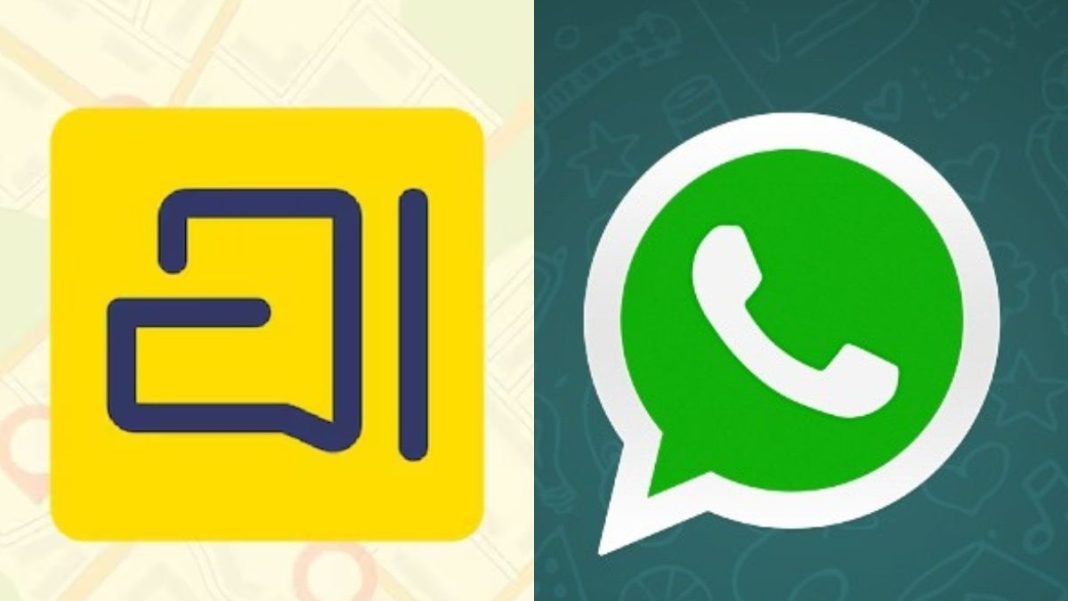Key Takeaways
- Supreme Court rejects doctor’s claim that WhatsApp access is a fundamental right
- Court suggests using Indian-made Arattai app as alternative messaging platform
- Ruling clarifies constitutional rights don’t apply to private platform disputes
The Supreme Court has dismissed a Delhi doctor’s petition claiming that access to WhatsApp constitutes a fundamental right. The bench explicitly stated that using private messaging platforms falls under contractual agreements, not constitutional protection.
Court Rejects Fundamental Right Argument
Dr Raman Kundra, a Delhi-based physician, filed a writ petition after WhatsApp deactivated her account. She argued the platform had become essential for her medical practice, serving as a crucial communication tool with patients.
The bench comprising Justices Sanjiv Khanna, Vikram Nath, and Sandeep Mehta rejected this argument. The court ruled that access to WhatsApp is governed by contractual terms between users and the company, not constitutional rights.
“What is your fundamental right to have access to WhatsApp?” the bench asked, as mentioned in the court order.
The court clarified that disputes involving private digital platforms must be resolved through consumer courts or civil mechanisms, not constitutional petitions.
Court Recommends Arattai Alternative
During proceedings, Justice Mehta suggested a practical Indian alternative: “There are other communication applications; you can use them. Recently, there’s this indigenous app called Arattai use that. Make in India!”
Following the court’s observations, Dr Kundra’s counsel, senior advocate Mahalaxmi Pavani, withdrew the petition.
Arattai Gains Attention
Zoho’s Arattai app has seen renewed public interest following the court’s remarks. The Made-in-India messenger has climbed Indian app store charts, surpassing global competitors like WhatsApp, Telegram, and Signal.
Launched in 2021, Arattai offers one-to-one and group chats, audio and video calls, multi-device support, and upcoming end-to-end encryption. Marketed as a “spyware-free” and privacy-focused platform, it represents India’s growing digital sovereignty in messaging services.




